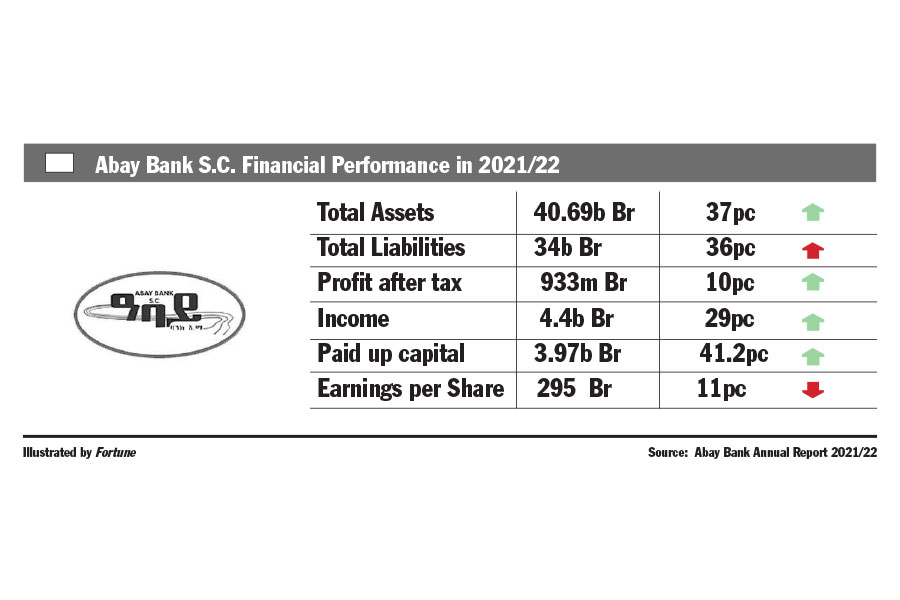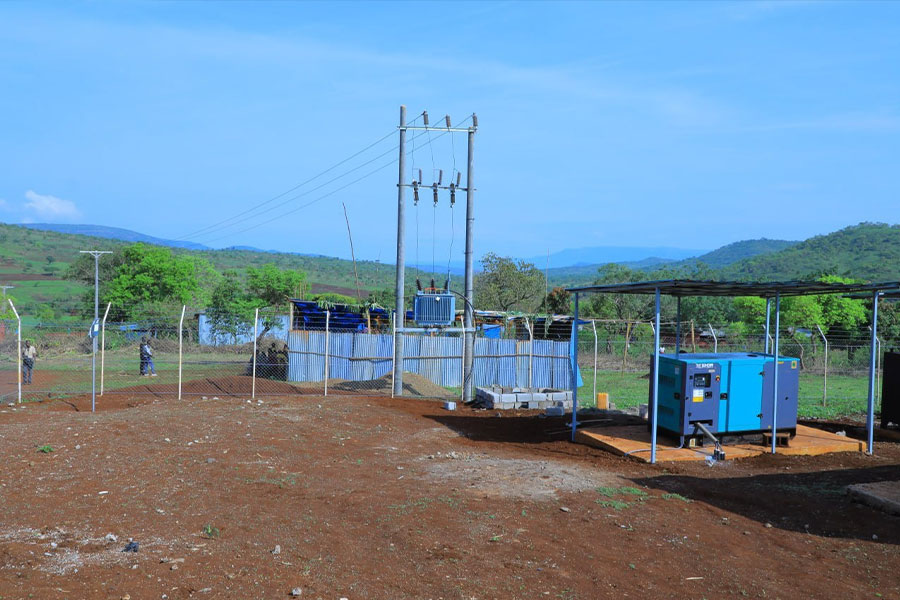
Fortune News | Mar 18,2023
Feb 24 , 2024
By Austine Sequeira , Andrea Sequeira
The shifting dynamics of the global economy show the critical importance of adaptability, strategic investment, and the pursuit of sustainable growth strategies. As countries emerge from the post-pandemic world, the lessons drawn from these economic developments will be instrumental in shaping the future of global economic stability and prosperity, argue Andrea Sequeira (andreasequeira031@gmail.com), an economist student at Warwick University, and Austine Sequeira (austinesequeira@gmail.com), an independent consultant.
In recent economic developments that have redrawn the global financial landscape, Germany has overtaken Japan to claim the position of the world's third-largest economy, while India has surged past the United Kingdom (UK) to secure the fifth spot. This reshuffling of ranks, however, is attributed not to a spurt in economic growth but rather to contractions faced by several leading economies.
Japan, previously the world’s third-largest economy, witnessed two successive quarters of GDP decline last year, with a sharp 3.3pc fall in the third quarter followed by a 0.4pc contraction in the following. The UK, too, is struggling with economic downturns, recording contractions of 1.4pc and 0.3pc in the final two quarters of the year, respectively.
The shifts in global economic standings come at a time when many analysts and conservative economists are projecting a continued period of economic headwinds for the UK and Japan this year. The International Monetary Fund (IMF) projected the economies of these two countries are poised to remain subdued, with anticipated growth rates of 0.9pc (UK) and 0.6pc (Japan).
Contrasting sharply with these figures are the economic performances of the United States (US) and India.
The U.S. economy, defying expectations, maintained a robust growth rate of 3.3pc in the fourth quarter of 2023, a full two percentage points above economists' forecasts. India, too, emerged as a beacon of growth, with its economy expanding by just over seven percent throughout last year. Germany averted the label of a recession-hit economy despite experiencing a 0.3pc decline in one quarter of 2023.
The backdrop to these developments is the widespread economic upheaval triggered by the COVID-19 pandemic, which saw countries across the globe adopting accommodative economic policies. These measures, while intended to cushion the economic blow, fueled inflation across many economies, particularly those with a heavy reliance on services, such as the UK and the US. However, a retrospective analysis of the economic data from the US and India for last year suggests that these countries not only managed inflation effectively but also leveraged domestic inflation and supply chain disruptions to boost manufacturing opportunities, thereby contributing to GDP growth.
The evolving dynamics of global economics show the crucial role of domestic consumption, capital expenditure, and government spending in shaping a nation's GDP. With nearly half of GDP contributions stemming from domestic consumption, the interplay between spending and manufacturing becomes a critical driver of demand, supply, job creation, and investment. This cycle, balanced by per capita income and the size of demand, underpins steady economic growth.
The economic models of the United States and India, while both showing signs of growth, illustrate contrasting approaches. The U.S. economy benefits from high-income levels, which translate into greater consumer spending, whereas India's growth is propelled by its vast population and significant public investment in infrastructure.
In contrast, the United Kingdom has faced economic setbacks following its exit from the European Union (EU), with Brexit leading to a loss of international markets and a dearth of new free trade agreements. Manufacturing and exports have suffered due to diminished demand and reliance on foreign labour, while high energy rates have exacerbated domestic inflation, leaving little room for monetary policy adjustments.
Japan's economic challenges stem from a different set of issues, including competitive manufacturing and an overreliance on exports, compounded by a declining domestic population and purchasing power. Despite these hurdles, government initiatives in Japan, such as fiscal packages aimed at offsetting inflationary pressures through temporary tax cuts and fuel subsidies, hint at potential paths to economic recovery.
Observers of global economic trends might argue that the contractions observed in developed economies are minor and that a rebound is inevitable. Nonetheless, the implications of these GDP contractions on the global economy, particularly for developing nations, are profound and warrant careful consideration. The experiences of Japan and the United Kingdom offer valuable lessons in economic resilience and adaptability.
For developing countries, particularly those in Africa, the global economic shifts emphasise the importance of embracing population growth as an asset rather than a liability, provided there are strategies in place to build capacities. Sustainable economic growth hinges on the quality and quantity of the population. This insight is exemplified by the relative prosperity of countries like Ethiopia, Nigeria, Senegal, and South Africa, which have leveraged their sizable populations to achieve growth, albeit to varying degrees.
The challenges faced by smaller African countries, often constrained by geographical and demographic factors, highlight the critical role of economic unions and trade agreements in promoting regional stability and growth.
The imperative for African governments to drive economic development through public spending on infrastructure and basic industries, alongside the strategic utilisation of natural resources, cannot be overstated. The constraints imposed by multilateral agencies on public debt and the need for more effective financial intermediation in Africa call for a concerted effort to bolster the continent's financial services sector and unlock its potential for investment, job creation, and technological advancement.
PUBLISHED ON
Feb 24,2024 [ VOL
24 , NO
1243]

Fortune News | Mar 18,2023

Commentaries | Jul 30,2022

In-Picture | Jun 29,2025

Life Matters | Jul 20,2024

Radar | Sep 10,2022

Radar | Feb 03,2024

Radar | May 31,2025

Agenda | Jun 07,2022

Radar | Oct 19,2024

Fortune News | Aug 18,2024

Photo Gallery | 180261 Views | May 06,2019

Photo Gallery | 170458 Views | Apr 26,2019

Photo Gallery | 161484 Views | Oct 06,2021

My Opinion | 137267 Views | Aug 14,2021

Dec 22 , 2024 . By TIZITA SHEWAFERAW
Charged with transforming colossal state-owned enterprises into modern and competitiv...

Aug 18 , 2024 . By AKSAH ITALO
Although predictable Yonas Zerihun's job in the ride-hailing service is not immune to...

Jul 28 , 2024 . By TIZITA SHEWAFERAW
Unhabitual, perhaps too many, Samuel Gebreyohannes, 38, used to occasionally enjoy a couple of beers at breakfast. However, he recently swit...

Jul 13 , 2024 . By AKSAH ITALO
Investors who rely on tractors, trucks, and field vehicles for commuting, transporting commodities, and f...

Nov 1 , 2025
The National Bank of Ethiopia (NBE) issued a statement two weeks ago that appeared to...

Oct 25 , 2025
The regulatory machinery is on overdrive. In only two years, no fewer than 35 new pro...

Oct 18 , 2025
The political establishment, notably the ruling party and its top brass, has become p...

Oct 11 , 2025
Ladislas Farago, a roving Associated Press (AP) correspondent, arrived in Ethiopia in...

Nov 2 , 2025
The National Bank of Ethiopia (NBE) has scrapped the credit-growth ceiling that had s...

Nov 2 , 2025 . By SURAFEL MULUGETA
The burgeoning data mining industry is struggling with mounting concerns following th...

Nov 2 , 2025 . By YITBAREK GETACHEW
Berhan Bank has chosen a different route in its pursuit of a new headquarters, opting for a transitional building instea...

Nov 2 , 2025 . By BEZAWIT HULUAGER
Nib International Bank S.C. has found itself at the epicentre of a severe governance...